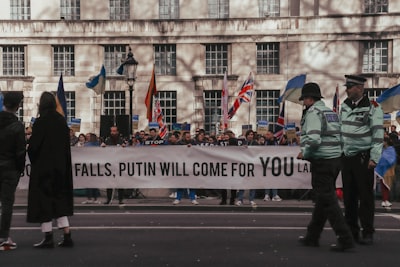Imagine if a single overheard conversation had the power to topple governments. In some ways, that fantasy is a persistent reality in our hyper-connected world. From the Watergate tapes in 1970s America to the infamous 2014 phone call revealing US diplomats' blunt opinions about Ukraine, secretly recorded or leaked conversations have again and again redrawn political fault lines.
What fascinates is not just the content of these calls, but how they slip into the public sphere—sometimes by design, sometimes by accident, often by intrigue. In Southeast Asia, where power frequently dances in opaque backrooms, a leak can act like a sudden spotlight: illuminating alliances, betrayals, or simply the human flaws behind the public face of authority.
Is a state ever more vulnerable than when its own words are projected back at it? Leaks upend stability, yes—but they also serve as a check on unchecked power. The very act of protest (as in Bangkok today) is itself a kind of call, echoing back: Who really governs, and in whose interest?
Perhaps in the age of leaks, what matters most is not what’s said in secret, but how a society responds when secrecy is breached. Do we demand transparency—or merely feast on scandal?
This article was inspired by the headline: 'Protesters gather in Bangkok to demand Thai prime minister's resignation over leaked Cambodia call'.

Comments
No comments yet. Be the first to comment!